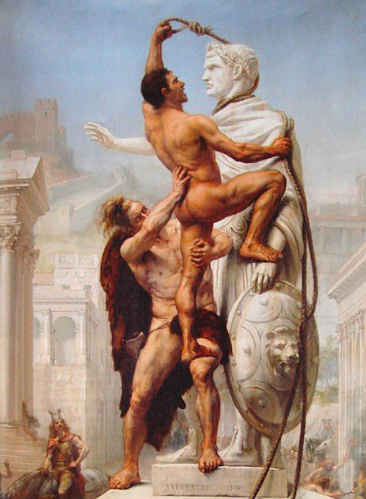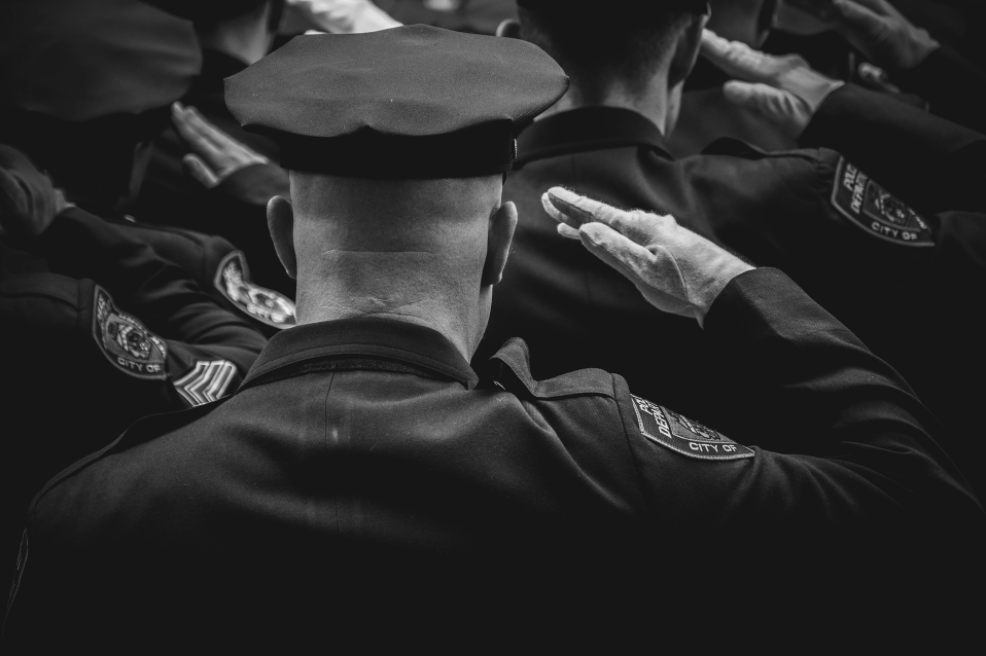
David Hume, Scottish philosopher, said reason is slave to the passions.
Aristotle insisted knowledge required questions. If we cannot ask, ideas never improve. Policy becomes artifact. Then social media turns it into an endless siren of emotion: too often, doctors screeching at each other.
Historians tell us we live at the end of an age, perhaps even the twilight of a civilization. The fabric required to practice medicine wears thin.
Polybius (200-118 BC), a Greek historian, wrote that kings become tyrants, aristocrats become oligarchs, and members of democracies become mobs. A mob feels deeply, convinced of its own self-righteousness. Civility fades and barbarians emerge nasty and cruel, filled with anger and spite.
As Western civilization declines and democracy becomes mob rule, medicine becomes an anachronism, an artifact from the Greek age of reason. By age and disposition, medicine seems more and more out of place in modern society.
Medicine needs three things to survive: civility, logic, and free speech.
Civil Traditions
Civility is more than knowing the rules required to live in civil society. Social skill follows immersion in civil traditions. We develop a second nature of civility and become citizens (see Hannah Arendt quote below).
 We have lost the spirit of civil traditions as well as the traditions themselves. We cannot regain the traditions without knowing the spirit animating them.
We have lost the spirit of civil traditions as well as the traditions themselves. We cannot regain the traditions without knowing the spirit animating them.
We cannot be Scottish by just donning kilt and pipes. To be a Scot means more than just doing Scottish things. We become Scots first, and Scottish things follow. A cowboy in a kilt with bagpipes on his saddle is not Scottish.
Can people regain civility if they never knew the institution in the first place?
Can those who were polite, simply because it was fashionable, learn to be polite when the fashion fades? Continue reading “Can Medicine Survive Modern Society?”


